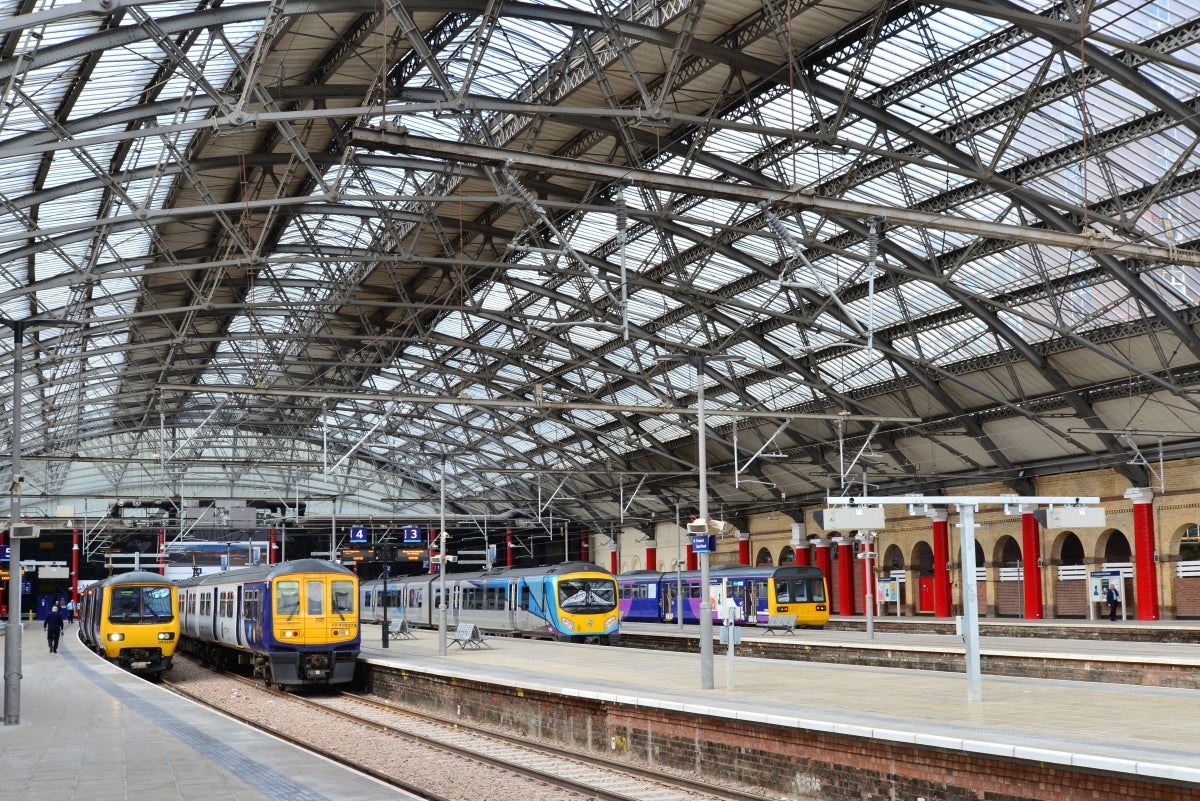
The UK rail industry has pledged to introduce 8,000 new carriages and over 11,300 extra services per week from 2020 as part of a new investment programme launched by the Rail Delivery Group (RDG) last week.
An overall increase of almost 10%, the new services will aim to improve rail connections for the 1.4 million people regularly using trains across the country, as well as boost freight opportunities, which currently deliver £30bn worth of goods to consumers every year.
Building on the importance of bolstering these services, RDG’s chief executive Paul Plummer said that the report was published as “people want a better railway”.
In a statement announcing the plan, the RDG also highlighted that “improving rail connections will be vital to ensure that our economy thrives,” especially as the UK prepares to leave the European Union.
To further achieve these targets, rail companies have jointly called on the government to update the current fares system and ensure that the right structure is in place to maximise the benefits the rail delivers for commuters.
Titled Investment Report 2020, the new investment plan comes shortly before the publication of the so-called Williams Rail Review, which is due for release in autumn 2019.
Breaking down the investment report for the various rail networks
In the report, rail companies have committed to invest around £20bn in upgrade works of the existing railway infrastructure in 2020, as well as refurbishment of most train carriages.
Among the improvements due to be delivered next year are also new trains for passengers using the TransPennine Express, Merseyrail, LNER, Northern, Hull Trains and Grand Central networks.
In Wales, an ongoing £40m refurbishment programme will continue as 186 more services will be running on Sundays.
A total of £1.4bn will also be used for 169 new and refurbished trains on the Greater Anglia network, which will also benefit from a £27m route upgrade that will allow longer trains to run between Cambridge and King´s Lynn. Track upgrades on the route will further enable ten more freight trains per day to run to Felixstowe, helping to remove 760 lorries from the road.
In southwest England, an £80m upgrade of the sea wall in Dawlish is planned. In addition, a new service will link London’s St Pancras International and Corby every 30 minutes.
Some 180 new trains will further be introduced to accommodate 50,000 additional passengers to and from Birmingham. Wolverhampton Interchange will also be inaugurated as part of an upcoming £150m rail hub.
In London, construction of 90 new trains destined for the South Western Railway franchise is planned in 2020, while Gatwick Airport’s rail station will receive a £150m upgrade.
As for Scotland, the report revealed a £120m major redevelopment of Glasgow Queen Street Station and the renovation of Aberdeen Station are both due to begin in 2020.
Commenting on the plans, the RDG’s Plummer said that they “will drive economic growth and increase productivity”.
Finally, the report mentioned that growing passenger rates across the country are allowing the railways to cover day-to-day costs, as 98p of every £1 spent on tickets will be invested in operating and improving services.
Mixed reaction from the industry
In the aftermath of the RDG’s announcement, the Federation of Small Businesses (FSB) commented that increasing the number of trains on already congested networks is not going to be easy, and suggested that rail companies must make customer satisfaction the core of their strategies.
As FSB’s national chairman Mike Cherry put it: “Small businesses rely on Britain’s railway to meet clients, attend meetings and ensure their staff can get to work, so investment in the network is very welcome.
“Rail services need to be reliable, regular and well-maintained, as well as providing decent wi-fi connections and proper power points.”
The same sentiment was echoed by Fujitsu CTO for transport Rabih Arzouni, who said that rail industry leaders must focus on “improving public life, improving the wellbeing of employees, and giving access to services for communities outside of major cities.”
Arzouni added that the rail industry “still hasn’t got the basics right” when it comes to using modern technologies.
“Managing disruptions better and providing up-to-date and accurate service information is fundamental going forward,” he said. “Operators have the opportunity to invest in exciting technology that has the wants and needs of the population in mind, provided they are fulfilling basic customer requirements.”
According to Arzouni, this can only be achieved through technological improvements. Supporting this claim, a recent report by Fujitsu found that the most positive impact for commuters has come from technological innovation, and that investments in technology are key to improve passenger experience.
“The rail industry has been lagging behind other sectors such as aviation and urban transport when it comes to innovative technologies,” Arzouni commented. “Only then can we be sure we are giving UK commuters and travellers the best experience possible.”
Lastly, Transport Focus chief executive Anthony Smith said that British railways must ensure that they keep commuters updated about progress across the network. “Passengers understand that change can take time and mean some disruption and they will need to be kept well informed and given clear timescales for improvements,” he said.
“Passengers tell us their top priorities for improvement are more trains arriving on time, more chance of getting a seat or standing in comfort and better value for money services.”



